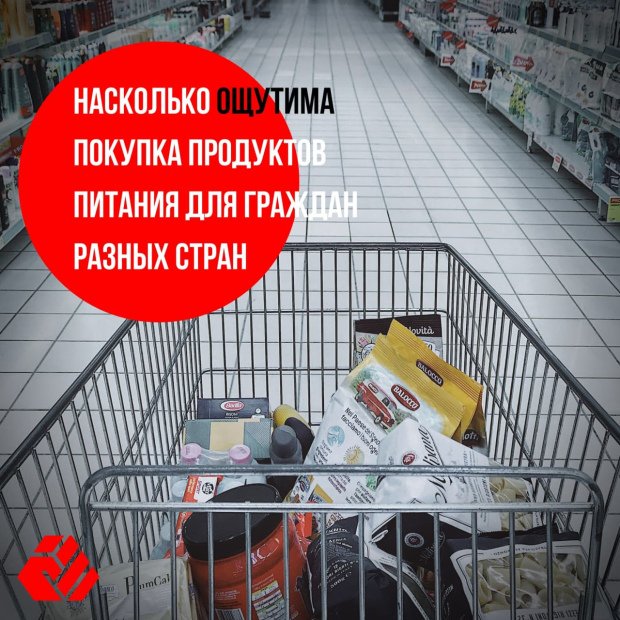All Belarusians have felt the rise in prices over the past year. The upward trend continues this year, so the government, recalling the nineties and zero experience, decided to freeze some products' prices. Let's see how it is financially sensible to buy food for citizens of different countries, including Belarusians.
We have created a basket of staple foods and compared prices for these foods in Belarus, Poland, Lithuania, Latvia, and Austria. Having calculated the cost of such a basket, we determined how much their salary they would have to spend in the studied countries.
Our shopping cart includes the following products:
This is not a complete consumer basket. But these are the products that people often buy and for which we were able to collect complete data, confirmed by photographs. As a result of the price analysis, several interesting facts were revealed.

In general, Belarusian prices are lower than European ones. However, you will have to pay more money for some goods in Belarus.
Thus, Belarus' toilet paper is more expensive than in Poland, Lithuania, Latvia, and Austria. Oil in our country is also sold at a very high price (only in Austria above). But in Lithuania, for example, oil costs almost two times cheaper than in Belarus.
Among those surveyed, Austria was the country with the highest prices. Especially for food. You will need to pay almost three times more for chicken fillet in Austria than in Belarus. But some products - flour or spaghetti, can be bought the cheapest in Austria.
The lowest prices for food after Belarus are in Lithuania, and a similar picture is in Poland. In Latvia, many products from the basket have the highest prices; in this country, eggs, cottage cheese, buckwheat, rice, flour, and bread are more expensive.
The entire basket's highest cost is Austria: 30.59 euros, followed by Latvia: 26.35 euros, Poland: 21.9 euros, Lithuania: 20.04 euros. The lowest cost of the entire basket is in Belarus: 16.7 euros.
It makes no sense to compare prices because even the highest prices may seem acceptable with relatively high earnings. Therefore, we compared the entire basket's cost with the average wage in these countries and found out how much of his salary a person needs to spend on this basket.
In 2020, the average net salary (after deducting all taxes and payments) was:
Based on these data, we get an amazing result:
Austrians, who have to buy groceries at some of the highest prices, will spend just 1.6% of their net wages buying the entire basket. Lithuanians and Poles spend just over 2% of their income on the products we choose. Latvians will spend 3.3% of their salaries, while Belarusians will pay 4.6% of their income for such a basket. It turns out that having the lowest prices is the hardest thing for us to live.
This comparison clearly shows how high prices in Belarus are to Belarusian wages. However, the freeze in prices, which Lukashenko is seriously concerned about, will cause a deficit. Then not only eggs and butter will disappear, but also other products from the list of socially significant goods, leading to another increase in prices.
You can help the foundation work HERE.
We have created a basket of staple foods and compared prices for these foods in Belarus, Poland, Lithuania, Latvia, and Austria. Having calculated the cost of such a basket, we determined how much their salary they would have to spend in the studied countries.
Our shopping cart includes the following products:
- oil
- milk
- cottage cheese
- eggs
- potatoes
- carrot
- onion
- apples
- chocolate
- toilet paper
- spaghetti
- buckwheat grain
- rice
- sugar
- mayonnaise
- flour
- chicken fillet
- bread
This is not a complete consumer basket. But these are the products that people often buy and for which we were able to collect complete data, confirmed by photographs. As a result of the price analysis, several interesting facts were revealed.

In general, Belarusian prices are lower than European ones. However, you will have to pay more money for some goods in Belarus.
Thus, Belarus' toilet paper is more expensive than in Poland, Lithuania, Latvia, and Austria. Oil in our country is also sold at a very high price (only in Austria above). But in Lithuania, for example, oil costs almost two times cheaper than in Belarus.
Among those surveyed, Austria was the country with the highest prices. Especially for food. You will need to pay almost three times more for chicken fillet in Austria than in Belarus. But some products - flour or spaghetti, can be bought the cheapest in Austria.
The lowest prices for food after Belarus are in Lithuania, and a similar picture is in Poland. In Latvia, many products from the basket have the highest prices; in this country, eggs, cottage cheese, buckwheat, rice, flour, and bread are more expensive.
The entire basket's highest cost is Austria: 30.59 euros, followed by Latvia: 26.35 euros, Poland: 21.9 euros, Lithuania: 20.04 euros. The lowest cost of the entire basket is in Belarus: 16.7 euros.
It makes no sense to compare prices because even the highest prices may seem acceptable with relatively high earnings. Therefore, we compared the entire basket's cost with the average wage in these countries and found out how much of his salary a person needs to spend on this basket.
In 2020, the average net salary (after deducting all taxes and payments) was:
- Austria 1777.82 €
- Latvia 783 €
- Lithuania 930 €
- Poland 852 €
- Belarus 359 €
Based on these data, we get an amazing result:
Austrians, who have to buy groceries at some of the highest prices, will spend just 1.6% of their net wages buying the entire basket. Lithuanians and Poles spend just over 2% of their income on the products we choose. Latvians will spend 3.3% of their salaries, while Belarusians will pay 4.6% of their income for such a basket. It turns out that having the lowest prices is the hardest thing for us to live.
This comparison clearly shows how high prices in Belarus are to Belarusian wages. However, the freeze in prices, which Lukashenko is seriously concerned about, will cause a deficit. Then not only eggs and butter will disappear, but also other products from the list of socially significant goods, leading to another increase in prices.
You can help the foundation work HERE.


 Continue
Continue
